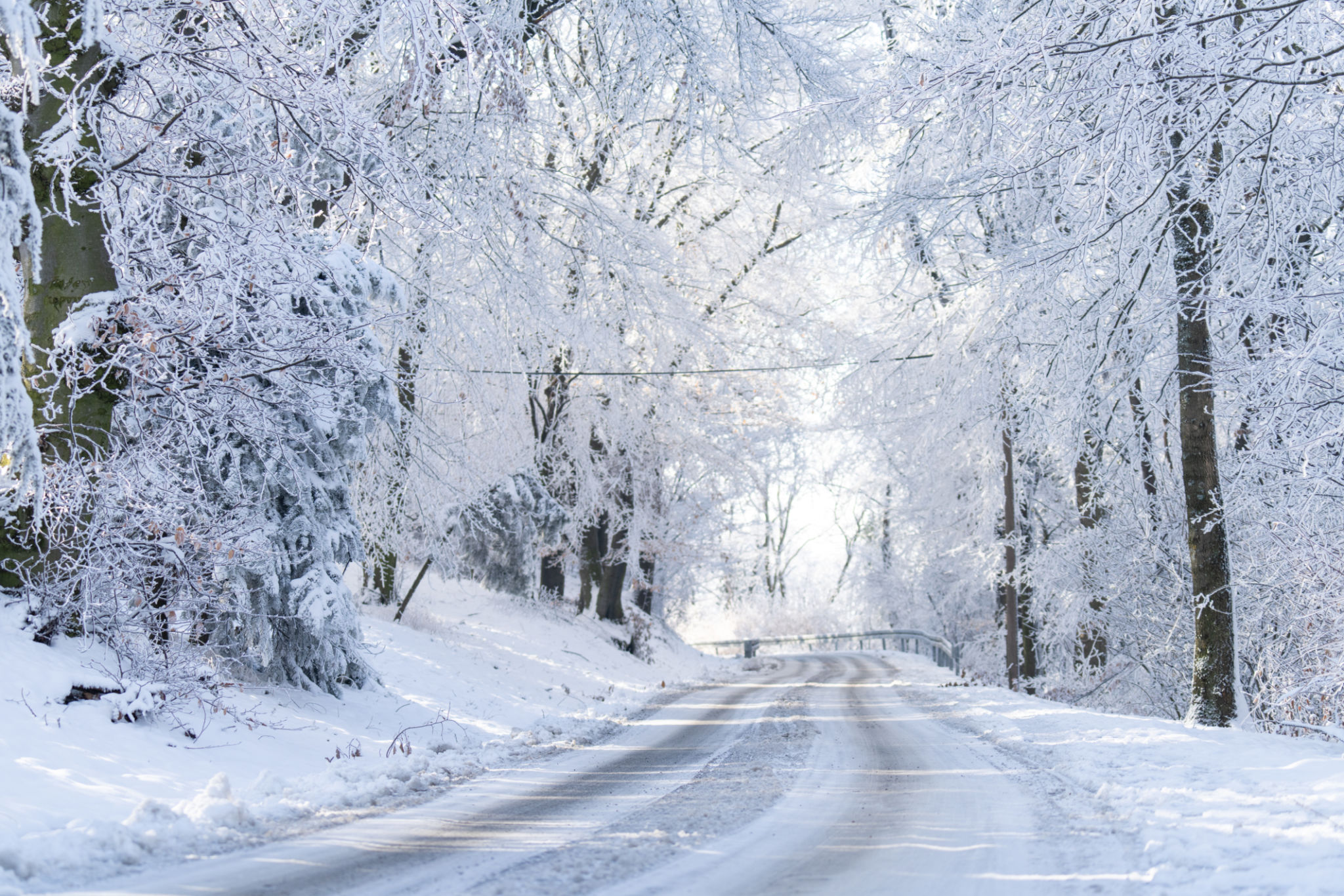How Weather Affects Asphalt Sealing in New Jersey
CL
The Impact of Seasonal Changes on Asphalt Sealing
Asphalt sealing is a crucial maintenance task that can significantly extend the lifespan of pavement surfaces. In New Jersey, where weather conditions vary dramatically throughout the year, understanding how these changes affect asphalt sealing is essential. From the scorching summers to the icy winters, each season presents unique challenges and opportunities for asphalt maintenance.

Summer Heat and Asphalt Sealing
During the summer months, New Jersey experiences high temperatures that can soften asphalt surfaces. While this may seem like an ideal time for sealing due to the quick curing times, the intense heat can also cause certain sealants to dry too fast, resulting in a brittle finish. It's crucial to apply sealants during the cooler parts of the day, such as early mornings or late afternoons, to ensure optimal results.
Moreover, the UV rays from the sun can degrade the asphalt surface over time. Applying a sealant in summer helps protect against this damage by providing a barrier that reflects harmful rays and reduces oxidation.
The Role of Rain in Asphalt Sealing
Rain is another critical factor that affects asphalt sealing. In New Jersey, unexpected rain showers can disrupt sealing processes and extend drying times. It's vital to check weather forecasts and choose days with no rain in sight for at least 48 hours post-application. Moisture can prevent sealants from adhering properly, leading to uneven surfaces and reduced protection.

For those scheduling asphalt sealing during rainy seasons, consider using advanced sealants that offer quick-setting properties. These products can help mitigate some of the risks associated with unexpected rainfall.
Winter Challenges and Asphalt Maintenance
Winter in New Jersey brings cold temperatures and snow, both of which can be detrimental to asphalt if not properly sealed. Freezing and thawing cycles cause expansion and contraction in the pavement, leading to cracks and potholes. A well-applied sealant acts as a protective layer, preventing water from seeping into the asphalt and reducing freeze-thaw damage.
It's important to complete sealing projects before winter sets in to ensure that pavements are adequately protected against harsh winter conditions.

Spring: The Ideal Season for Asphalt Sealing
Spring is often considered the best time for asphalt sealing in New Jersey. With moderate temperatures and less precipitation compared to other seasons, conditions are ideal for sealant application. The mild weather allows for proper curing, ensuring a durable and long-lasting seal.
During spring, contractors have more flexibility in scheduling projects, allowing for thorough preparation and application processes.
Preparing for Effective Asphalt Sealing
Successful asphalt sealing requires more than just choosing the right time of year; preparation is key. Here are some steps to ensure effective sealing:
- Clean the Surface: Remove dirt, debris, and oil stains before applying any sealant.
- Repair Damage: Fill cracks and holes to create a smooth surface for sealing.
- Choose the Right Sealant: Select a product suitable for your specific climate conditions.
By taking these steps, you can enhance the effectiveness of your asphalt sealing project, regardless of the season.
Conclusion: Timing is Everything
In conclusion, understanding how weather affects asphalt sealing in New Jersey is vital for maintaining durable and long-lasting pavement surfaces. By considering seasonal variations and preparing accordingly, property owners can protect their investments and ensure safe, attractive surfaces year-round.
Whether it's battling the sun's rays or preparing for winter's chill, timing your asphalt sealing projects wisely will lead to better results and fewer repairs down the line.